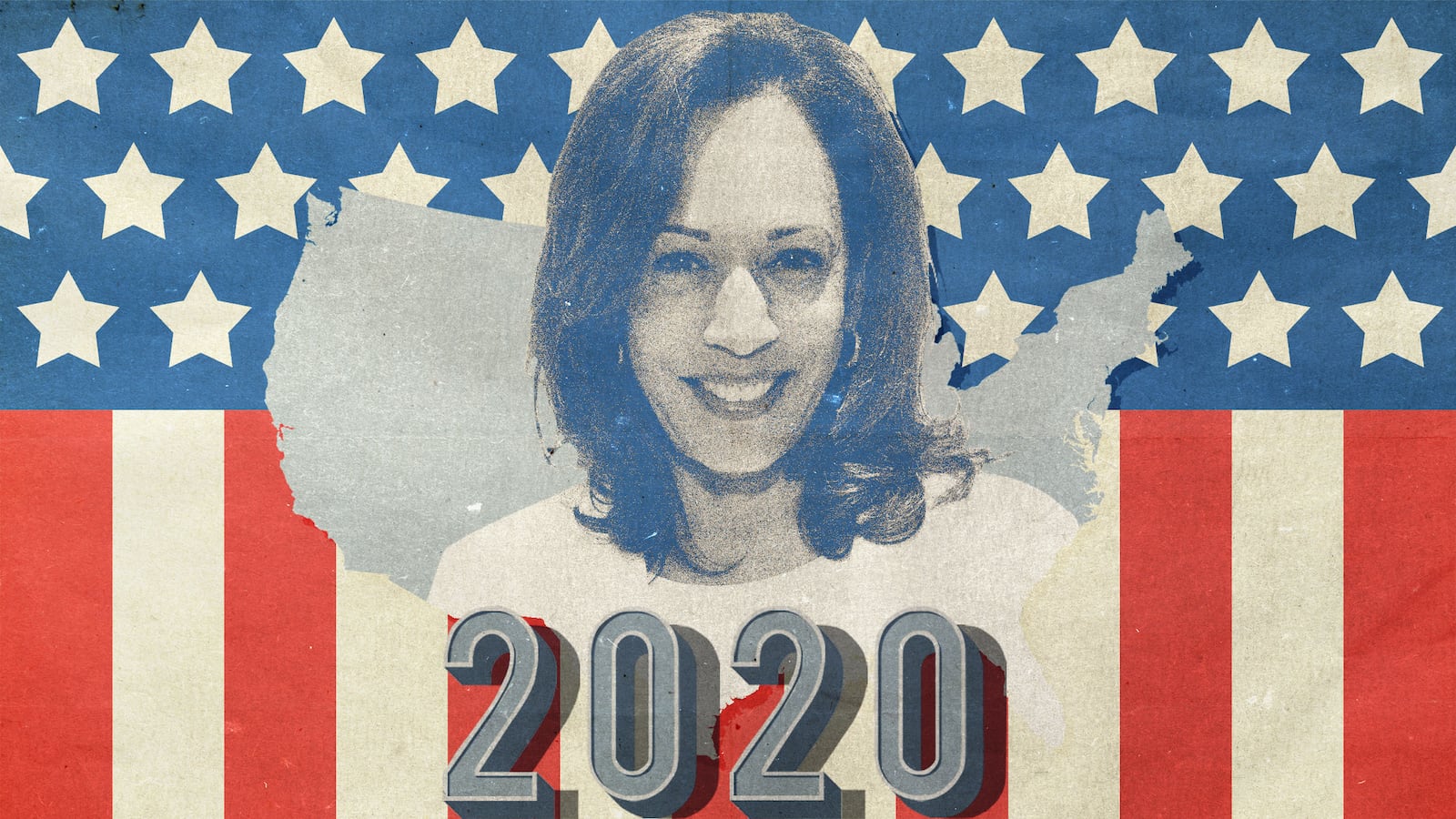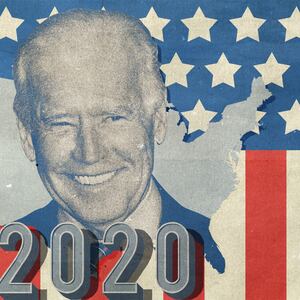It appears increasingly likely that the 2020 Democratic primary field will be the most wide open in recent memory, and perhaps in the history of American politics. As candidates move through the nomination process, there are already arguments being made as to the strengths—and weaknesses—of those who have entered the field and their chances in a general election against President Trump.
Kamala Harris
Date of campaign launch: January 21, 2019
An estimated 20,000 people were on hand to watch Sen. Kamala Harris launch her bid for the White House, giving it the feel of the first major event of the 2020 cycle. She followed up with an equally splashy fundraising haul of $1.5 million in the first 24 hours and closed the first quarter with $12 million.

Polling and Perception:
She has parlayed her first two years in the Senate into national renown and carved out a niche for the liberal base as a tough interrogator on the Senate Judiciary Committee. Her work on that committee has produced viral clips related to Special Counsel Robert Mueller’s investigation as well as the confirmation of Justice Brett Kavanaugh.
Harris has significantly moved left on policy in the last few years, adopting major planks of the Bernie Sanders 2016 campaign as well as co-sponsoring legislation to that effect. She announced comparatively early on that she would back Medicare for All legislation, endorsed a federal jobs guarantee and called for a reexamination of the Immigration and Customs Enforcement agency. She has pledged, if elected, to sign an executive order to make it easier for undocumented immigrants brought to the United States as children through no fault of their own to become citizens. She’s also pledged to use an executive order to bypass Congress and mandate background checks for any individual who buys from a gun dealer who sells more than five firearms a year. She has also released policies targeted to help women of color, specifically introducing legislation to reduce maternal mortality by addressing racial disparities in prenatal care.
While her prosecutorial history has allowed her to prosper on the Judiciary Committee, it has also been fodder for progressive skepticism. Her record on criminal justice in particular could seem out of place in a modern Democratic primary, where being “tough on crime” is no longer seen as a shield against Republican attacks.
Harris could also be a beneficiary of structural changes to the presidential primary. California has moved up its primary date to March, which will allow for ballots to be cast as early as February. That is the same time when the Iowa caucus will take place, giving her the ability to lean on home state voters rather than a wildly different Democratic subset.
Since her launch, Harris has consistently remained in the top five of the Democratic field in public opinion polls, but has yet to break out of the low double digits.






